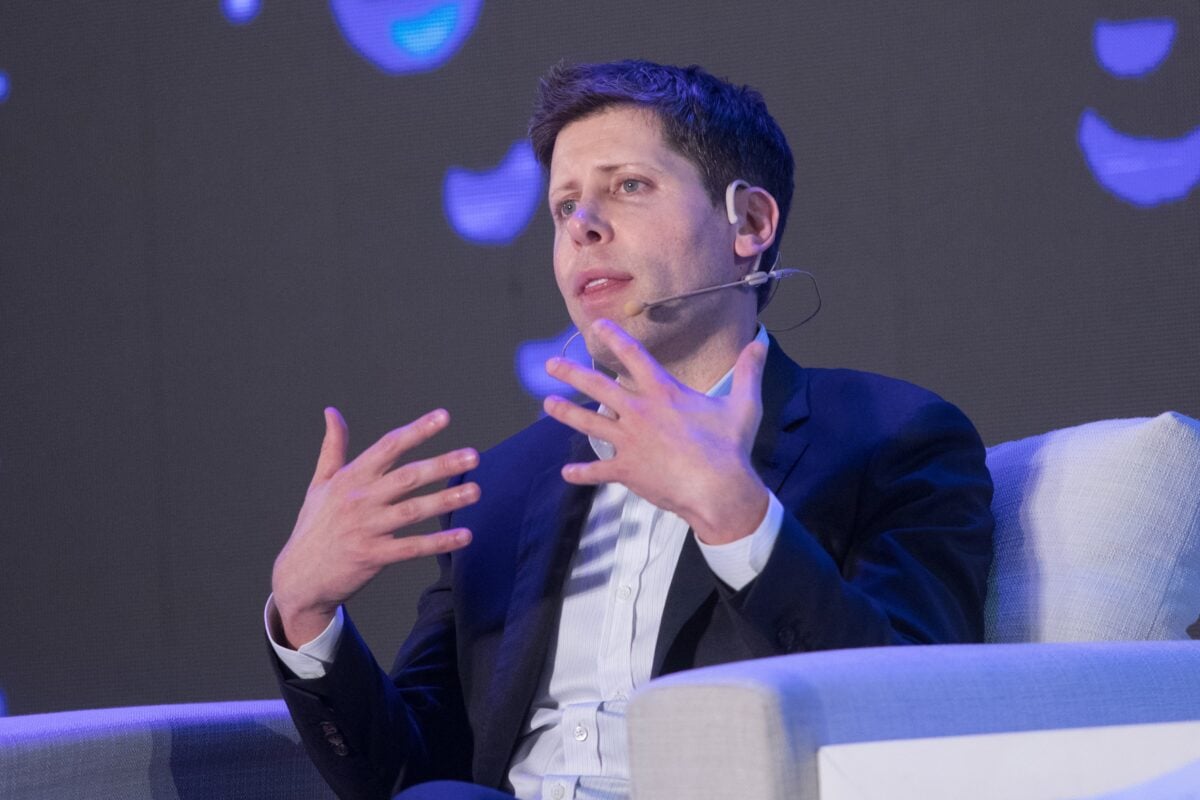TLDRs
Contents
- OpenAI raises $8.3 billion, pushing its valuation to a staggering $300 billion.
- Major firms like Sequoia, Fidelity, and TPG join latest investment round.
- ChatGPT’s user base climbs to 700 million weekly active users worldwide.
- Revenue surges to $13B as OpenAI seeks $40B in total 2025 funding.
OpenAI has officially entered the ultra-elite club of “hectocorn” companies, startups valued at over $100 billion, following a massive $8.3 billion fundraising round.
The new investment pushes its valuation to an unprecedented $300 billion, signaling intense investor confidence in the future of artificial intelligence.
The round was led by Dragoneer Investment Group and included heavyweight backers such as Blackstone, TPG, T. Rowe Price, Fidelity Management, Founders Fund, Altimeter Capital, Andreessen Horowitz, Sequoia Capital, Coatue, and Tiger Global. Notably, some early investors reportedly saw reduced allocations to make room for new entrants, underscoring how highly sought-after OpenAI shares have become.
The deal is part of OpenAI’s broader funding push to raise $40 billion this year. This latest milestone not only marks OpenAI’s dominance in the AI sector but also cements its place among the most valuable startups in history, rivaling the likes of ByteDance and SpaceX.
AI Boom Drives Explosive Revenue and User Growth
The surge in OpenAI’s valuation is backed by equally impressive financials. The company has more than doubled its annualized revenue, which now stands between $12 billion and $13 billion.
That’s nearly $1 billion per month, fueled largely by enterprise adoption of its GPT products and the sustained popularity of ChatGPT among consumers.
ChatGPT itself boasts over 700 million weekly active users, a number that reflects both the platform’s widespread utility and its role in shaping how individuals and organizations interact with generative AI.
Despite the revenue surge, OpenAI’s projected cash burn for 2025 has increased to $8 billion, up from $7 billion previously forecast. This speaks to the capital-intensive nature of building and maintaining cutting-edge AI models, especially as OpenAI continues expanding its infrastructure footprint and model capabilities.
AI Market Focus Concentrates Around Leaders Like OpenAI
The concentration of capital around OpenAI is emblematic of broader investment trends in the AI sector. In 2024, U.S.-based AI startups attracted nearly $110 billion, more than 11 times what Chinese firms received. Within that landscape, OpenAI’s dominant position is attracting the lion’s share of investor dollars, creating a “winner-takes-most” dynamic in the AI startup ecosystem.
In fact, AI startups accounted for 46.4% of all U.S. venture capital deployed last year. This hyper-focus underscores investor belief that generative AI, especially through market leaders like OpenAI, will be the cornerstone of the next major technology cycle.
Strategic Collaborations Fuel Growth Ambitions
OpenAI’s ongoing discussions with Microsoft signal deeper strategic alignment beyond their existing partnership. Microsoft has already invested billions into OpenAI and integrated its models across services like Copilot and Azure.
As both companies look to dominate enterprise AI, further collaboration could unlock additional monetization channels and product integrations.
With more funding rounds on the horizon and a clear path toward even greater enterprise penetration, OpenAI is positioned to become not just a tech leader but a foundational pillar of the AI-powered future.


